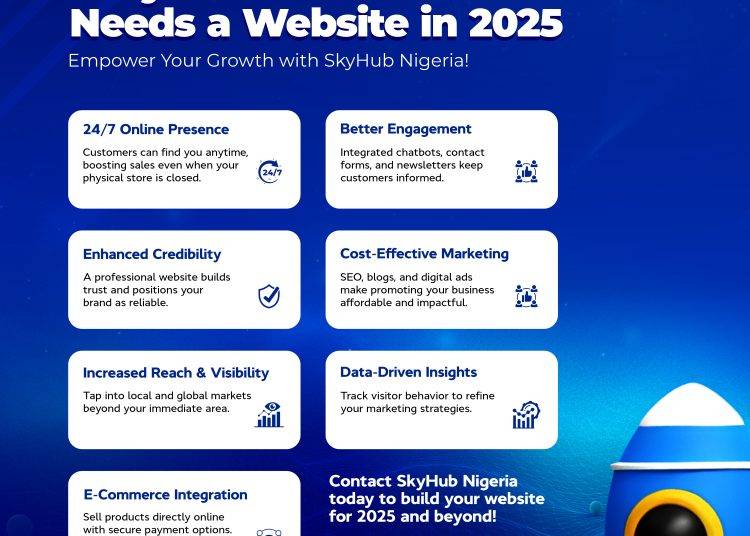Navigating Efficiency: 8 Top Business Automation Tools to Use in 2024
In the fast-paced landscape of business, staying ahead requires more than just hard work; it demands smart work. As we step into 2024, the integration of automation tools becomes paramount for streamlined operations, improved productivity, and enhanced efficiency. Let’s explore eight top business automation tools that are set to redefine workflows this year.
1. Zapier
How it Works:
Zapier connects your favorite apps, automating routine tasks between them. With a vast library of pre-built integrations, you can create Zaps to trigger actions when specific events occur.
Pros:
– User-friendly interface.
– Supports integration with a wide range of apps.
– Automation without coding.
Cons:
– Some integrations may have limitations.
2. UiPath
How it Works:
UiPath is a robotic process automation (RPA) tool that automates repetitive tasks by mimicking human interactions with software applications.
Pros:
– Powerful automation capabilities.
– Scalable for complex processes.
– Offers a free community edition.
Cons:
– Learning curve for advanced features.
3. HubSpot
How it Works:
HubSpot’s automation platform helps businesses automate their marketing, sales, and customer service processes.
Pros:
– All-in-one solution for inbound marketing.
– Intuitive automation workflows.
– Detailed analytics.
Cons:
– Price can be high for advanced features.
4. Trello
How it Works:
Trello, a project management tool, automates tasks through Butler, its built-in automation feature. It allows you to create rules and commands to automate workflows.
Pros:
– Visual and easy-to-use interface.
– Customizable automation rules.
– Integrates seamlessly with other tools
Cons:
– Limited advanced automation.
5. Integromat
How it Works:
Integromat is an integration platform that connects apps and automates workflows using scenarios with multiple actions.
Pros:
– Advanced automation features.
– Supports complex scenarios.
– Real-time updates.
Cons:
– Complexity for beginners.
6. Monday.com
How it Works:
Monday.com, a work operating system, includes automation features that help teams streamline processes and enhance collaboration.
Pros:
– Visual workflow automation.
– Customizable to fit various workflows.
– Integration with popular apps.
Cons:
– Advanced features might require training.
7. Salesforce
How it Works:
Salesforce, a leading CRM platform, provides automation tools for sales, marketing, and customer service processes.
Pros:
– Powerful automation for sales processes.
– Comprehensive CRM functionality.
– Scalable for enterprises.
Cons:
– Complexity may be overwhelming for small businesses.
8. Airtable
How it Works:
Airtable combines the simplicity of a spreadsheet with the complexity of a database, offering automation features for data-driven workflows.
Pros:
– User-friendly database management.
– Automation for data updates.
– Integration with third-party apps.
Cons:
– Advanced features may require learning.
Conclusion:
The right business automation tool can revolutionize the way your team works, saving time and reducing errors. As you step into 2024, explore these tools to find the perfect fit for your business needs. Embrace automation, and let efficiency guide your path to success.









